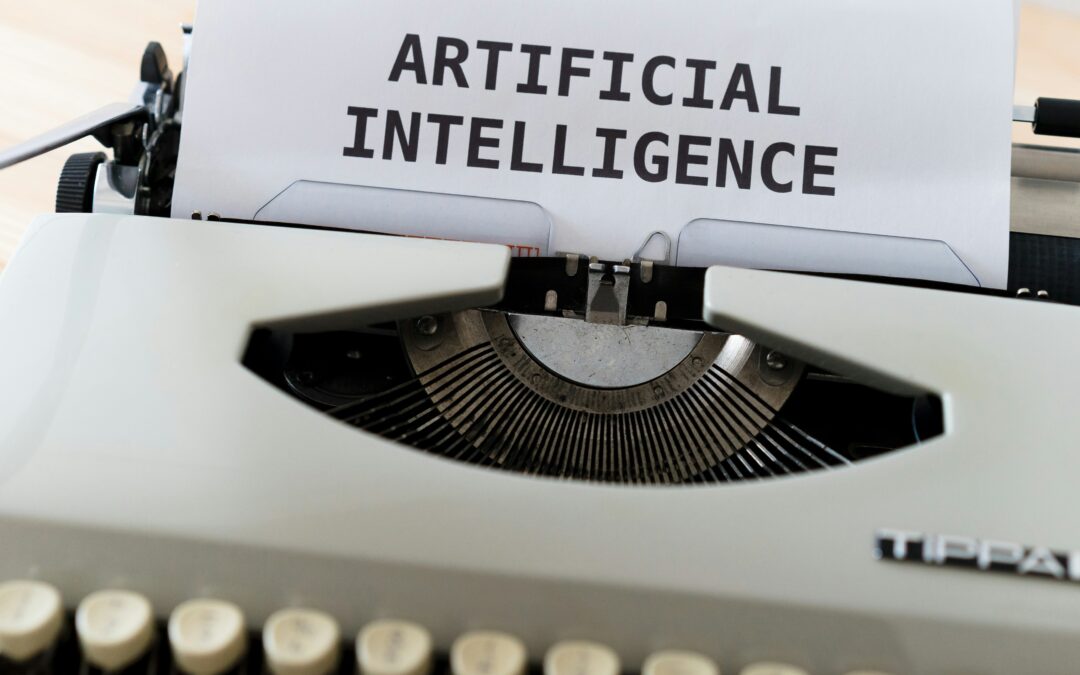In the modern business environment, artificial intelligence (AI) has become an invaluable tool for small to midsize businesses (SMBs). From streamlining operations to enhancing customer engagement, AI offers unprecedented capabilities.
However, while AI can provide insights and automation, it cannot replace the unique expertise of human resources professionals. Relying solely on AI for HR needs can expose businesses to significant risks.
The Rise of AI in Business
AI technologies have transformed the way businesses operate. They can analyze massive datasets, predict trends, and automate repetitive tasks, allowing human employees to focus on more strategic areas.
For instance, AI can assist in recruitment by sifting through resumes to identify potential candidates. It can also provide instant answers to employee inquiries, create reports, and enhance training processes through personalized learning experiences.
Benefits of AI in HR
Efficiency
AI streamlines processes such as payroll and time tracking. This efficiency leads to reduced administrative burdens on the business.
Data-Driven Decisions
AI tools can analyze employee performance metrics, satisfaction surveys, and training outcomes, providing valuable insights into workplace dynamics. These insights empower better decision-making.
Cost Savings
By automating routine tasks, businesses can save on labor costs and improve their return on investment in HR technology.
Enhanced Recruitment
AI can help identify candidates with the right skills by using algorithms to match job descriptions with applicants’ experiences and qualifications.
Despite these advantages, there are significant pitfalls to consider when overriding human expertise with AI in HR functions.
The Risks of Replacing Human Expertise
Lack of Nuance in Decision-Making
While AI can process vast amounts of data, it lacks the ability to understand the complex human emotions and interpersonal dynamics within a workplace. HR decisions often require empathy, cultural awareness, and ethical considerations – areas where AI falls short.
Bias in Algorithms
AI systems are only as good as the data they are trained on. If the data contains biases, the AI may perpetuate and even exacerbate these biases in recruitment, promotions, and performance evaluations. This potential for biased outcomes can lead to discrimination, legal complications, and a damaged company reputation.
Limited Conflict Resolution Skills
Disputes and conflicts among employees require human intervention and mediation. AI may misinterpret context or fail to sense the emotional undercurrents involved in a dispute. This could lead to unresolved issues that disrupt team dynamics.
Compliance and Legal Risks
HR is often tasked with navigating a maze of labor laws and regulations. While AI can aid in legal compliance, it cannot replace the experience and understanding of an HR professional who keeps abreast of changes in laws, interprets those regulations, and provides context-specific advice.
Employee Trust and Engagement
Employees value human interactions, especially when it comes to sensitive matters like performance reviews, career development, and personal issues. Relying too heavily on AI can alienate employees, leading to decreased morale and trust.
The Necessity of a Balanced Approach
Rather than viewing AI as a replacement for HR expertise, SMBs should adopt a balanced approach where AI complements human judgment. Here are some strategies for effectively integrating AI while preserving the essential role of HR professionals:
Hybrid Models
Utilize AI for data collection and analysis but have HR professionals make the final decisions based on a combination of AI insights and human HR experience and intuition.
Encourage Open Communication
Create channels for employees to express concerns about AI-driven processes. This transparency fosters a sense of inclusion and trust among employees.
Conclusion
AI is undeniably revolutionizing various aspects of business operations, including HR. However, it is crucial for small to midsize businesses to recognize the limitations of AI in managing a workforce.
Emphasizing human expertise alongside AI capabilities can lead to more effective and ethical HR practices that drive engagement, compliance, and organizational success. Businesses that leverage AI while retaining skilled HR professionals will thrive in an increasingly complex and competitive landscape, ensuring they are well-positioned for the future.

